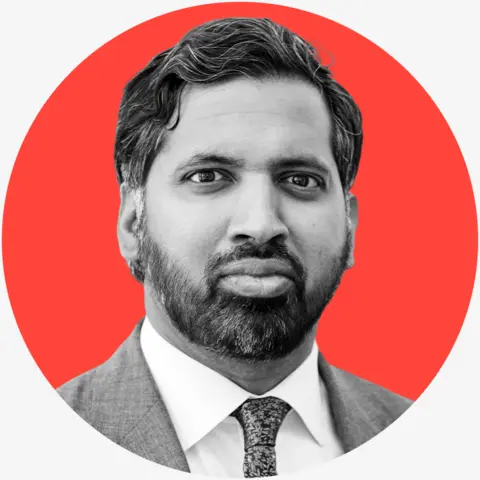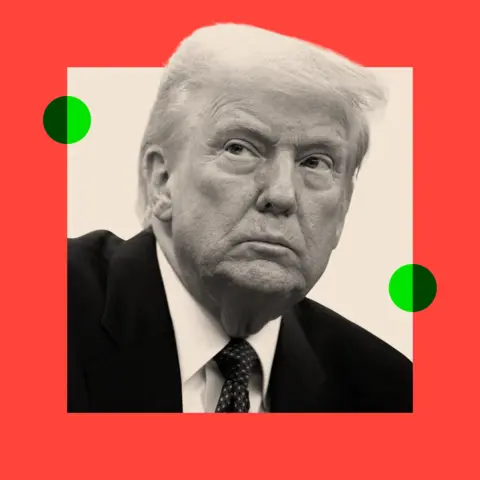So, where is the missing $557 billion? A closer look reveals that the gap reflects an often-overlooked American strength: the ability to generate value through ideas, technological innovation and expertise. These intangible assets underpin a global network of subsidiaries and consistently deliver returns high enough to offset the current-account deficit.
While the U.S. ran a
merchandise trade deficit of $1.2 trillion in 2024, it also recorded a
$295 billion surplus in cross-border services. More importantly, U.S. subsidiaries abroad
generated $2.1 trillion in sales, compared to
$1.5 trillion by foreign subsidiaries operating in the U.S. The result was a net services surplus of $895 billion, almost enough to offset the goods deficit.
Foreign subsidiaries of U.S. companies also generated
$632 billion in net income in 2024 alone. Assuming a conservative 4% return, that implies an asset base of $15.8 trillion — an astonishing figure for a country that, on paper, ran a cumulative current-account deficit of $14.4 trillion.
The value of knowledge-based assets doesn’t show up in traditional accounting.
To make sense of this apparent contradiction, consider a different narrative: the U.S. effectively borrowed not $14.4 trillion but $28 trillion. Half went toward domestic spending; the other half was used to fund foreign direct investment.
The key distinction lies in how American companies deployed these funds. By combining capital with intangible assets like ideas, intellectual property, and organizational capabilities, they generated returns of 8%, far above the 4% typically earned by passive investors, including foreign lenders.
In essence, the U.S. exports not just dollars but a form of invisible capital that serves as a reliable source of income. In 2005, my colleague
Federico Sturzenegger and I used the term “
dark matter” to describe the unmeasured value embedded in knowledge-based assets that traditional accounting fails to capture.


